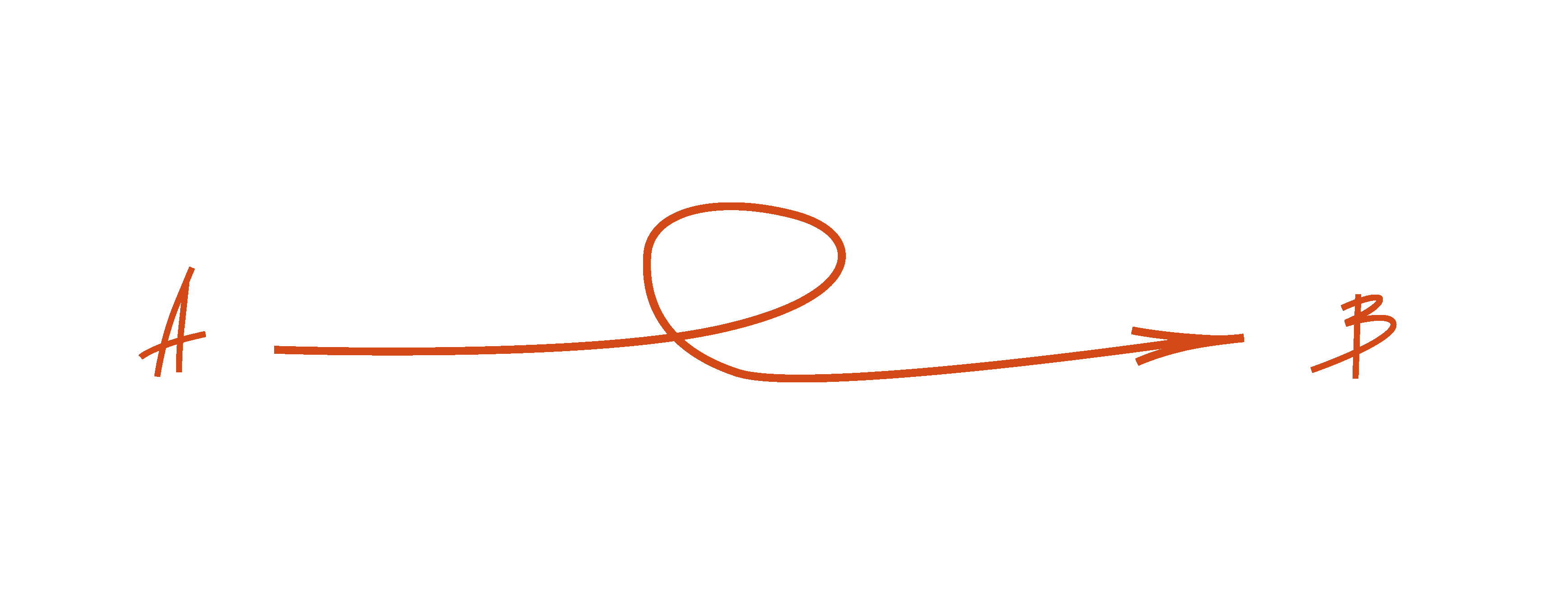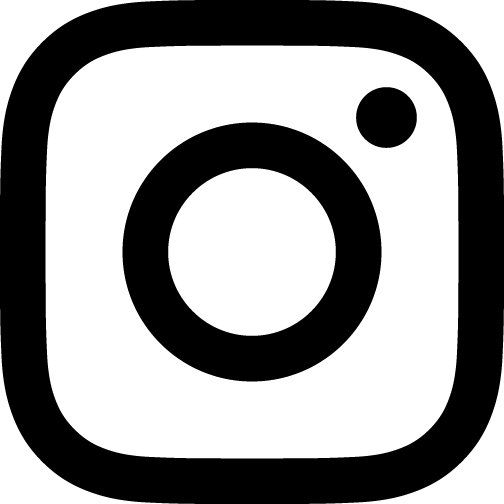Silver-Tongue
PleinKamer, Amsterdam (NL)
27.01.2023 — 04.03.2023
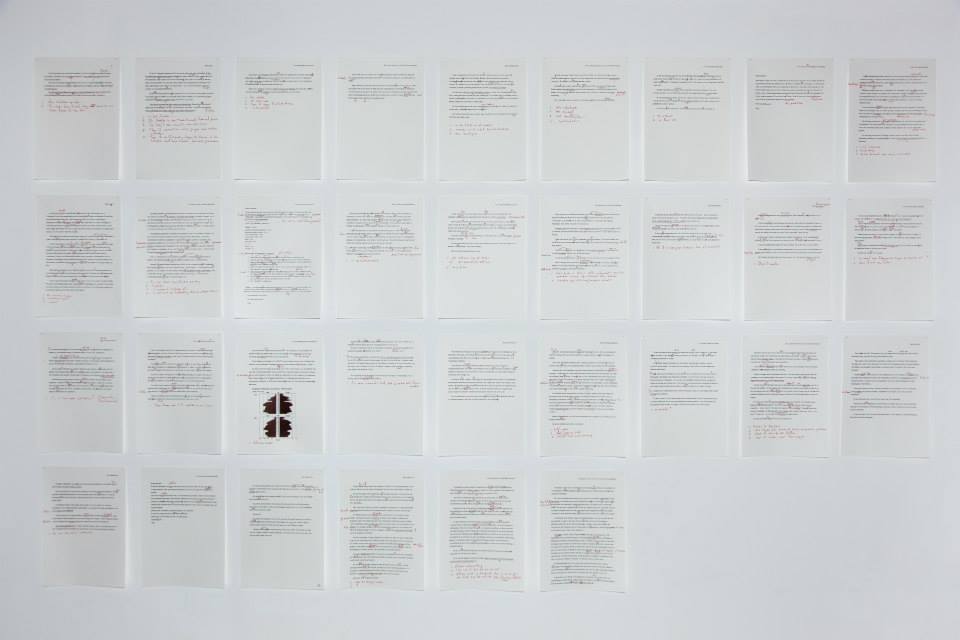
SILVER-TONGUE: Aspect of Solidarity
This exhibition is the second part of the project originally presented at Het Hem (Zaandam) as research project within 'Chapter 5IVE' (Samir Bantal & Rem Koolhaas). The curator, together with mentors from ArtEZ University, analyzed issues of the global urbanization, which was changing many aspects of our lives, and the languages’ and dialects’ extinction was one of the aspects. The project "DIALECT, LAND(e)SCAPE, CULTURE" became a result of the research and was dedicated to understanding the question is whether the disappearance of dialects a rational and acceptable reality, or can dialects’ extinction be a tragic human loss?
Constantly changing landscapes of cities are changing landscapes of languages and dialects. The focus of the project “Silver-Tongue” has been narrowed down to a consideration of a society in which native speakers, refugees, immigrants, expats (in other words, people with different language backgrounds) can live together in the current geographical and political context. Reasons for changing residentships are given secondary importance in this project, bringing to the front the process of learning languages in order to adapt. Acting as a key to access various social spheres, language can become a guide or a sticking point for obtaining a certain status and quality level of life.
The adaptation of non-native speakers depends on several external and internal factors. Internal ones include a balance between the needs of this people in positive social connections, self-realization and their intention to preserve their national and cultural identity. As for external - a willingness of a host society to accept language difficulties of non-native speakers and the ability to provide all the needs in the process of adaptation to new conditions of life and work.
At the intersection of these factors, the question of communication balance arises. Thus, a level of language or dialect proficiency affects a movement between micro and macro perspectives of an area, city/village or country. Tom Wolfe, in his book “The Kingdom of Speech”, argues that speech instantly categorizes a person according to economic class, age group, and level of education. This project aims to increase loyalty in such judgments in order to creat social ties based on solidarity and tolerance.
4 artists place emphasis on these factors.
ARTISTS: Vita Buivid, Olga Ganzha, Giovanni Giaretta, Elizaveta Rukavishnikova
CURATOR: Natalia Sudova
![]()
![]()
![]()
NEW DUTCH
New Dutch researches a linguistic personality through their texts in a new language.
Every text has a context, both linguistic and situational, and this context helps to define the meaning. Any text can be torn out of its linguistic or/and situational context and placed in another, as a result of which the same text will function differently and give different meanings. The works of Ganzha demonstrate to us the phenomenon of shifting the boundaries of the perception of a new cultural and geographical reality through changing her own situational context. Along with this, her linguistic context begins to take shape in a new way. Olga got to know the new country through the language, putting her Russian background into the Dutch worlds.
«I believe that language is not only a communication media; language constructs the reality around us. Thus, by living and working in a non-native language environment, we enrich and change our reality. I percept language as a large part of mentality and culture. Moreover, I see language as a living organism that can grow, develop, change, get influenced and degrade through time.” – Olga Ganzha
The work is a collection of texts - topics from the Dutch language classes - that Olga had to write as a homework during her first two years in The Netherlands. Each of the texts has a number of language mistakes, which improves from homework to homework.
New Dutch was created for and first shown at the NO LAND’S MEN exhibition in Amsterdam in 2013.
RELATED
No Land’s Men exhibition ->
This exhibition is the second part of the project originally presented at Het Hem (Zaandam) as research project within 'Chapter 5IVE' (Samir Bantal & Rem Koolhaas). The curator, together with mentors from ArtEZ University, analyzed issues of the global urbanization, which was changing many aspects of our lives, and the languages’ and dialects’ extinction was one of the aspects. The project "DIALECT, LAND(e)SCAPE, CULTURE" became a result of the research and was dedicated to understanding the question is whether the disappearance of dialects a rational and acceptable reality, or can dialects’ extinction be a tragic human loss?
Constantly changing landscapes of cities are changing landscapes of languages and dialects. The focus of the project “Silver-Tongue” has been narrowed down to a consideration of a society in which native speakers, refugees, immigrants, expats (in other words, people with different language backgrounds) can live together in the current geographical and political context. Reasons for changing residentships are given secondary importance in this project, bringing to the front the process of learning languages in order to adapt. Acting as a key to access various social spheres, language can become a guide or a sticking point for obtaining a certain status and quality level of life.
The adaptation of non-native speakers depends on several external and internal factors. Internal ones include a balance between the needs of this people in positive social connections, self-realization and their intention to preserve their national and cultural identity. As for external - a willingness of a host society to accept language difficulties of non-native speakers and the ability to provide all the needs in the process of adaptation to new conditions of life and work.
At the intersection of these factors, the question of communication balance arises. Thus, a level of language or dialect proficiency affects a movement between micro and macro perspectives of an area, city/village or country. Tom Wolfe, in his book “The Kingdom of Speech”, argues that speech instantly categorizes a person according to economic class, age group, and level of education. This project aims to increase loyalty in such judgments in order to creat social ties based on solidarity and tolerance.
4 artists place emphasis on these factors.
ARTISTS: Vita Buivid, Olga Ganzha, Giovanni Giaretta, Elizaveta Rukavishnikova
CURATOR: Natalia Sudova
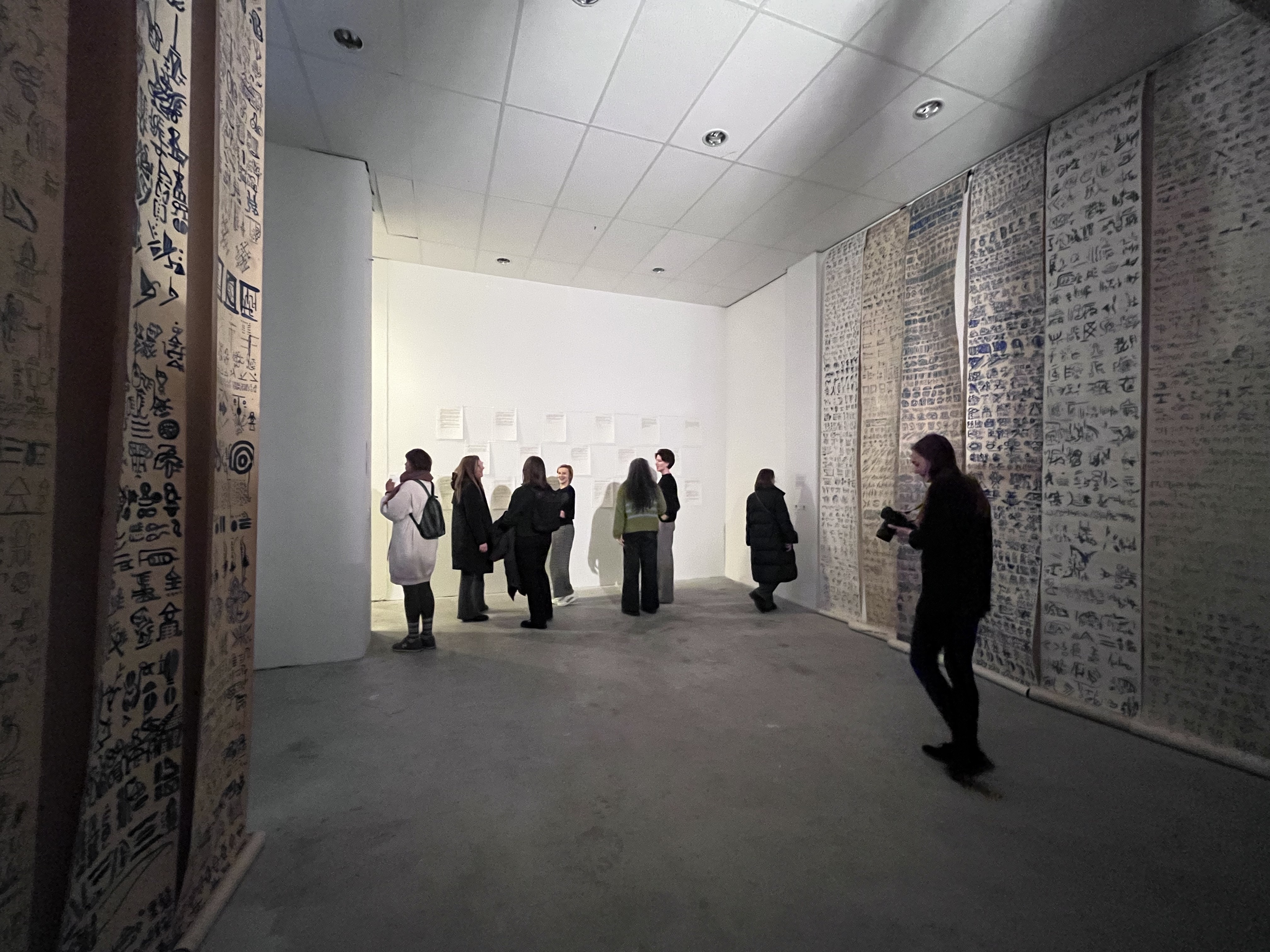
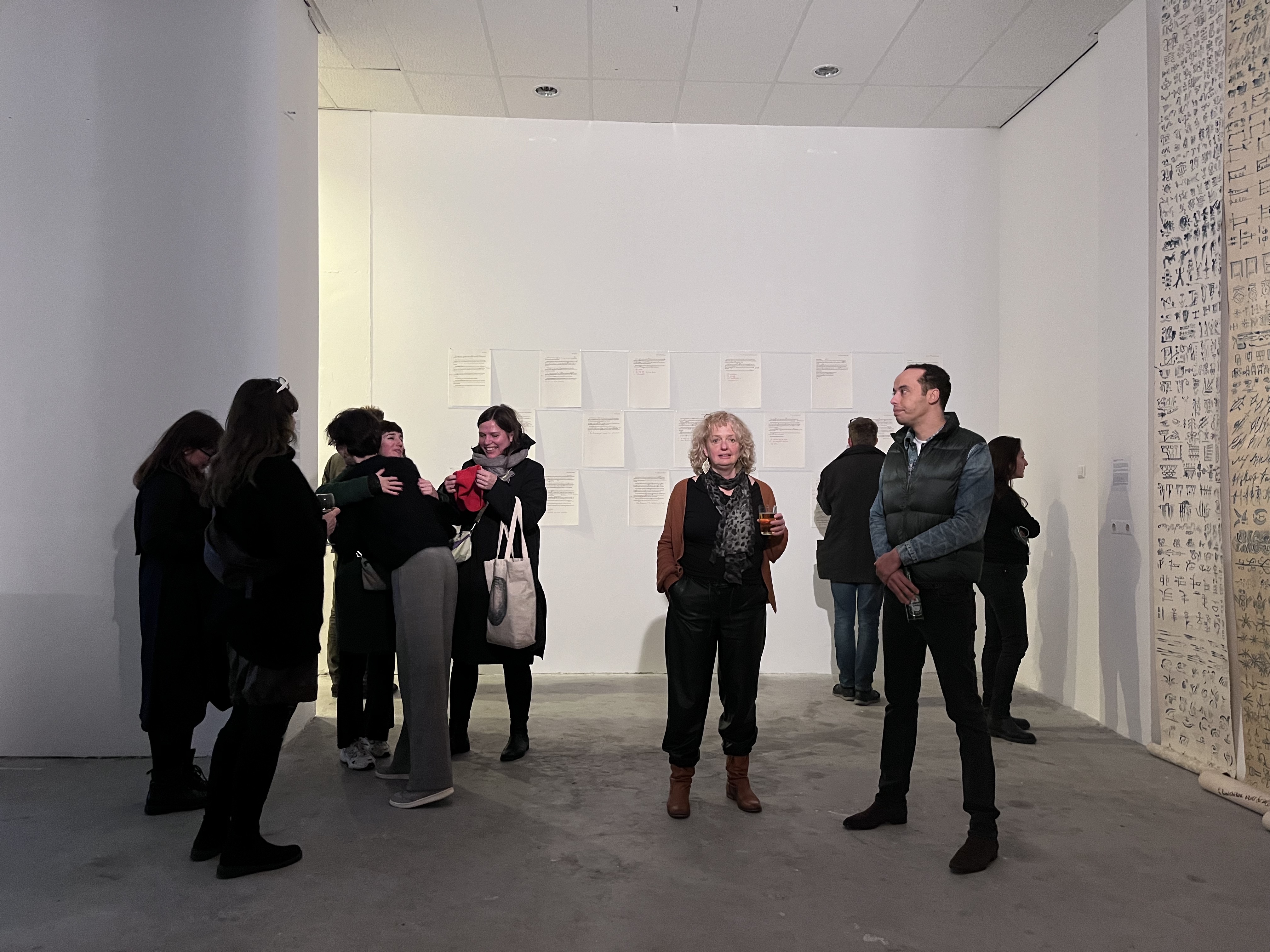
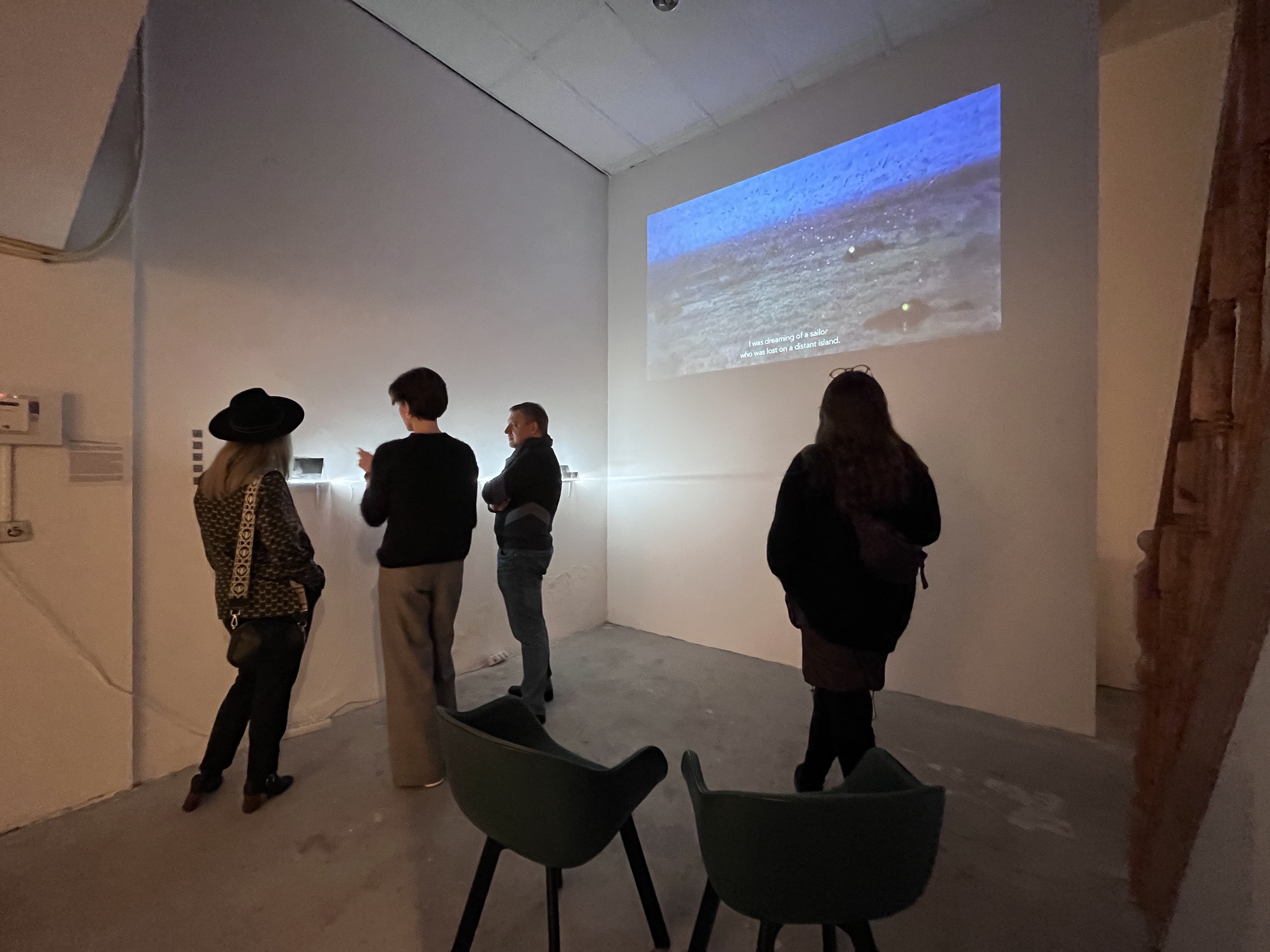
NEW DUTCH
New Dutch researches a linguistic personality through their texts in a new language.
Every text has a context, both linguistic and situational, and this context helps to define the meaning. Any text can be torn out of its linguistic or/and situational context and placed in another, as a result of which the same text will function differently and give different meanings. The works of Ganzha demonstrate to us the phenomenon of shifting the boundaries of the perception of a new cultural and geographical reality through changing her own situational context. Along with this, her linguistic context begins to take shape in a new way. Olga got to know the new country through the language, putting her Russian background into the Dutch worlds.
«I believe that language is not only a communication media; language constructs the reality around us. Thus, by living and working in a non-native language environment, we enrich and change our reality. I percept language as a large part of mentality and culture. Moreover, I see language as a living organism that can grow, develop, change, get influenced and degrade through time.” – Olga Ganzha
The work is a collection of texts - topics from the Dutch language classes - that Olga had to write as a homework during her first two years in The Netherlands. Each of the texts has a number of language mistakes, which improves from homework to homework.
New Dutch was created for and first shown at the NO LAND’S MEN exhibition in Amsterdam in 2013.
RELATED
No Land’s Men exhibition ->
